Alternative Treatment for Diabetic Retinopathy

RPB-supported commentary on approaches to using the anti-VEGF therapy.
RPB Receives Distinguished Service Award From AAO
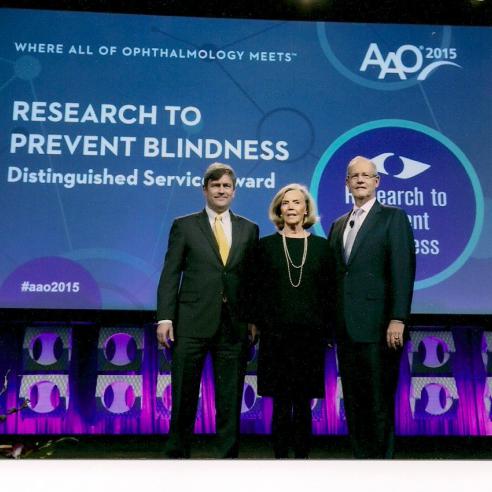
RPB is recognized for the leadership role it has played in many advances in the field of ophthalmology.
Parkinson Drug May Prevent and Delay AMD

RPB-supported researchers have made a significant discovery that might lead to the delay or prevention of the most common cause of blindness in the elderly.
Eye Drops Could Clear Up Cataracts Using Newly Identified Chemical

RPB-supported researchers have partially reversed cataracts in dogs using eye drops and injections of a naturally occurring steroid in the human body.
3-D Map of the Brain Will Help Eye Researchers
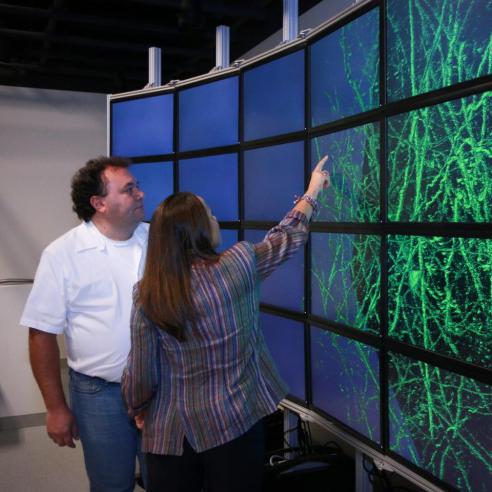
View can help researchers understand how the brain’s connectivity is disrupted in mental and neurological conditions such as schizophrenia, depression, anxiety, autism and in vision-related conditions.
New Gene Therapy for Vision Loss from a Mitochondrial Disease
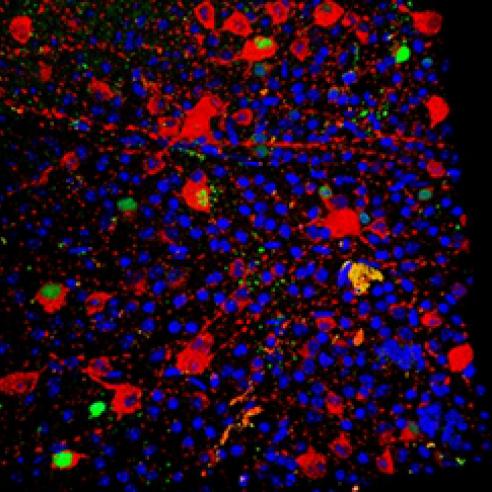
New method for delivering corrective genes to restore energy production in cells could have wide application.
New Eye Structures Discovered
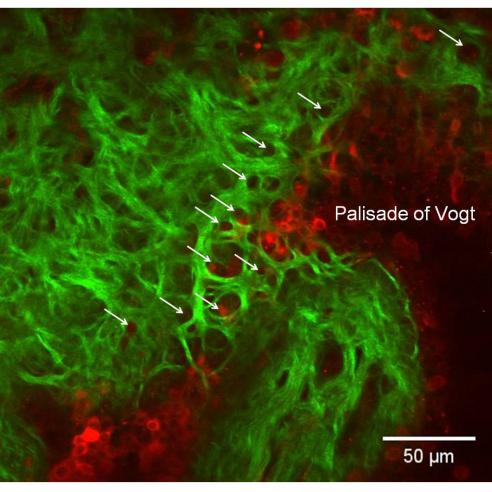
Novel structures found in the cornea of the human eye using second harmonic generation imaging microscopy.
Renewed Hope for Gene Therapy to Restore Vision

Findings indicate that retinitis pigmentosa is treatable even at advanced disease stages.
RPB Launches Low Vision Research Initiative

Partnerships with Reader’s Digest Partners for Sight Foundation and Lions Clubs International Foundation seek to generate solutions for neglected vision loss condition.
New RPB Core Vision Research Lab Opens at University of Florida
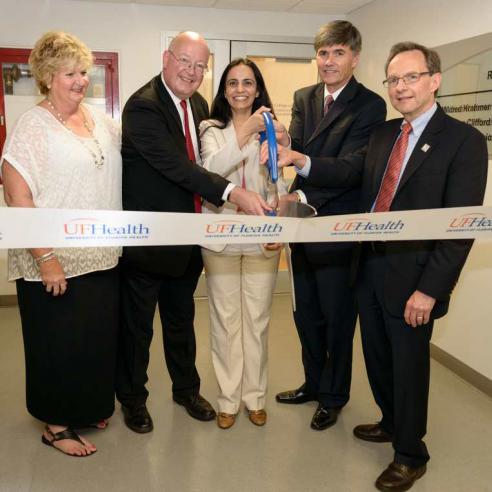
RPB Mildred Krahmer Sanders and William Clifford Sanders Laboratory for Vision Research will be core facility for collaboration.
RPB AWARDS $4.8 MILLION TO SUPPORT EYE RESEARCH

Preserving Photoreceptors Following Retinal Injury
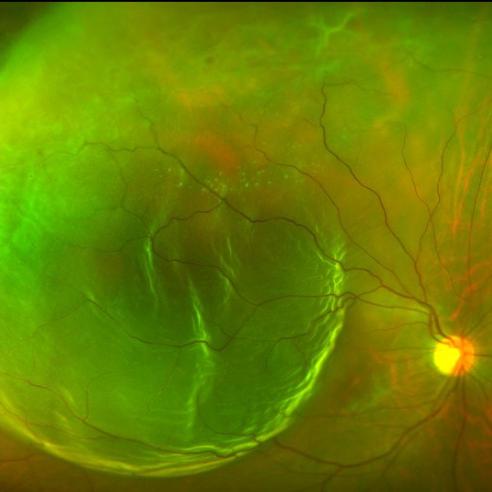
RPB-supported vision researchers have identified targets for treatments that would prevent vision loss in patients following retinal detachment.
Discovery Opens Door to New Way to Prevent Diabetes-Associated Blindness
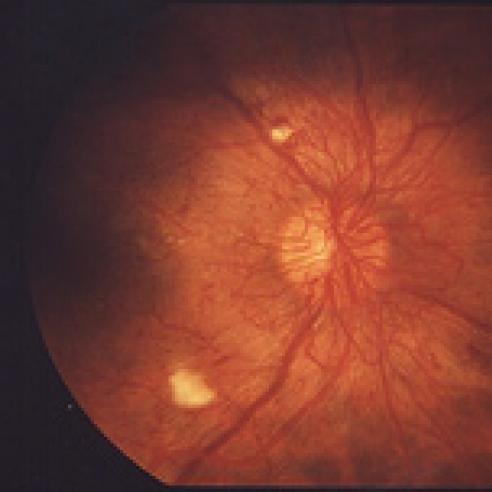
Using lab-grown human cells, RPB-supported researchers at The Johns Hopkins University indicate that blocking a second blood vessel growth protein, along with one that is already well-known, could offer a new way to...
A Stem Cell for Every Occasion

The idea that stem cells – the precursors of all body tissues – could be turned into organ replacements for diseased body parts has tantalized physicians and patients for decades...
RPB Convenes Eye Research Funders
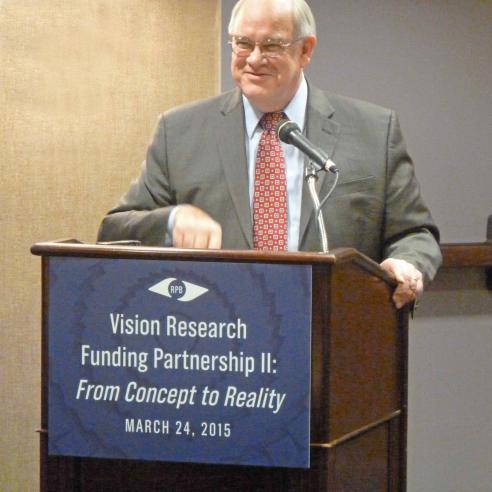
March 24, 2015, Washington, DC -- Top execs from major eye research funding organizations convened in Washington, DC for a second time to advance an agenda for collaborative action in addressing key issues facing...
RPB Joins Other Supporters In Call to Action for Major Institute of Medicine Study On National Vision Health
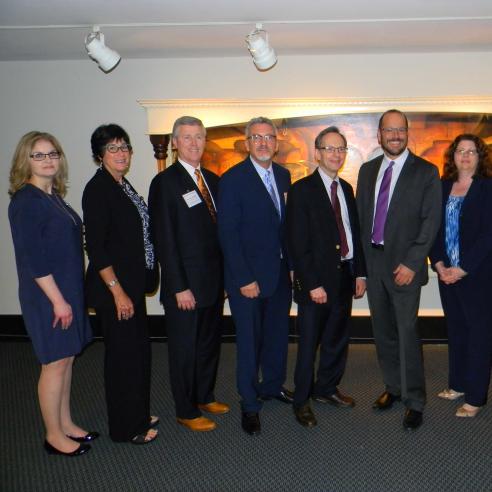
On May 19, Research to Prevent Blindness was present in Washington, DC, along with other organizations supporting the major Institute of Medicine study "Public Health Approaches to Reduce Vision Impairment and...
Stem Cells from Wisdom Teeth Can Be Transformed into Corneal Cells
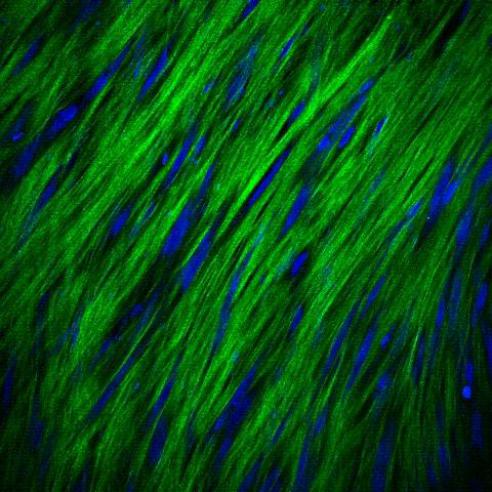
Human corneal tissue is highly organized in a structure which contributes to its transparency. Corneal scarring caused by injury, infections or genetic diseases, can create permanent vision loss. ...
AMD Drug Can Prevent Diabetic Vision Loss

RPB-supported researchers at the University of Southern California (USC) report that ranibizumab (sold as Lucentis) can help Hispanic and non-Hispanic whites with diabetic macular edema (DME) in the United States...
Research to Prevent Blindness Co-Sponsors Institute of Medicine Vision Health Report
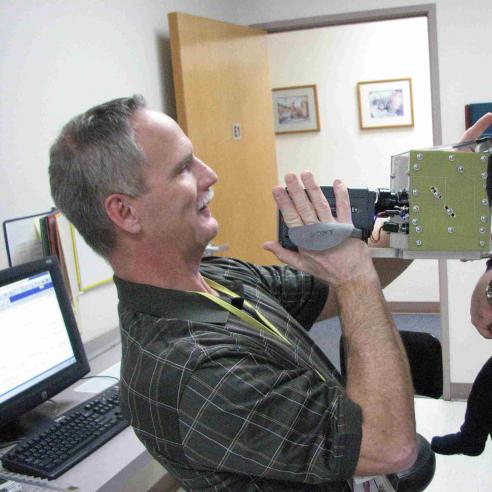
Entitled "Public Health Approaches to Reduce Vision Impairment and Promote Eye Health," the report, to be released in 2016, will examine core principles and public health strategies to reduce visual...
Subscribe
Get our email updates filled with the latest news from our researchers about preventing vision loss, treating eye disease and even restoring sight. Unsubscribe at any time. Under our privacy policy, we'll never share your contact information with a third party.
| General Info | Grants | News & Resources |




